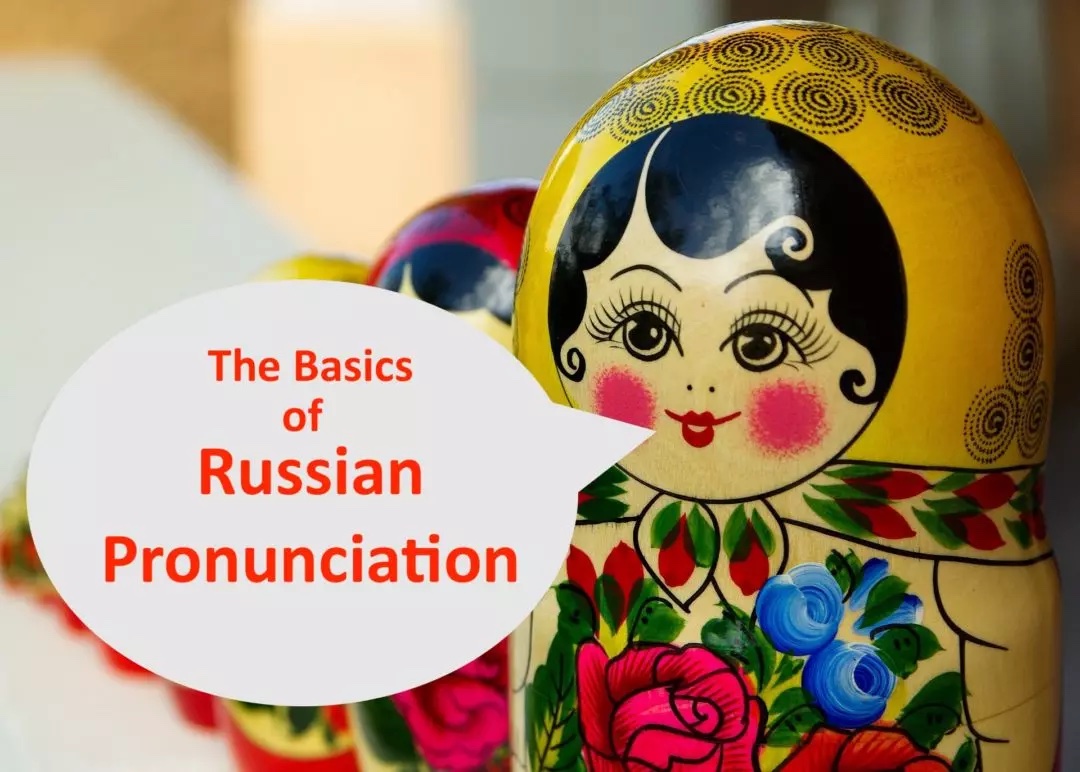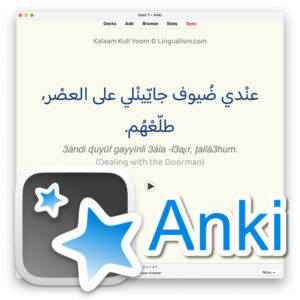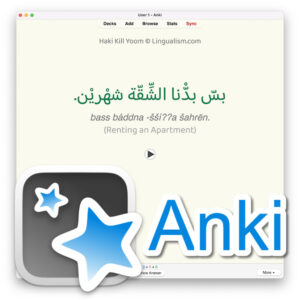Table of Contents
To pronounce Russian correctly, you first need to know the sounds represented by the letters of the Russian alphabet, both consonants and vowels.
The following Russian consonants correspond to sounds found in English:

* Г is pronounced в (as in van) in the word endings -его́ and -ого́, as well as in the word сего́дня. However, it remains pronounced г (as in gas) in the word мно́го.
These consonant sounds are not found in English, but you may be familiar with them if you have studied other languages:

Let’s look at five Russian vowels. The fifth requires special attention.

Hard Consonants
Most Russian consonants can be pronounced in two ways: hard or soft. By soft, it is meant that the consonant is palatalized. That is, it is pronounced with the blade of the tongue pushed up against the hard palate (the front of the roof of the mouth). A hard consonant, by contrast, is not palatalized. You can basically think of it as being normal.
The fifteen consonants in the first table are introduced with their hard pronunciations. A Russian consonant is hard if:
- it precedes a consonant,
- it precedes one of the five vowels shown on the previous page,
- it comes at the end of a word,
- it is followed by the letter ъ (the hard sign).
These three consonants are always hard, regardless of the following vowel. They have no soft equivalents.

Soft Consonants
Here are the remaining five vowels of the Russian alphabet:

Notice that the first four vowels in the table above are pronounced identically to those in the table with the first five vowels we looked at. These vowels indicate that the preceding consonant is soft.
* However, if one of these vowels comes at the beginning of a word (initial) or a stressed syllable, or follows ь or ъ, it is preceded by a /y/ (as in yes) sound.
** И is not preceded by /y/ except when following ь: чьи.
Many learners of Russian mistakenly think that a soft consonant is simply the normal (hard) consonant followed by a /y/ sound, but this is not accurate. A soft Russian н, for example, does not sound the same as in the English word canyon. A soft н is a single sound—similar to an English n but with the tongue pressed against the hard palate.
A consonant is also pronounced soft when it precedes the letter ь, as is often seen at the end of Russian words.
In summary, a consonant is pronounced soft if it is followed by:
- я, ё, ю, е, or и,
- the soft sign ь.
And these consonants are always soft. They have no hard equivalents.

Й appears after vowels to create diphthongs. It can also appear at the beginning of foreign words.
Voiced and Unvoiced Consonants
We can divide the following twelve Russian consonants into two groups: voiced and unvoiced.

Voiced consonants are pronounced with vibration in the vocal cords, while unvoiced consonants are not. Each voiced consonant has an unvoiced counterpart.
As a rule, when any two of these consonants are adjacent, they must both be pronounced either voiced or unvoiced. It is the second consonant that determines the voicing. For example, вто́рник is pronounced /фто́рник/. (The second consonant, т, is unvoiced, so the preceding consonant becomes unvoiced.) Likewise, сде́лать is pronounced /зде́лать/. The exception is в, before which an unvoiced consonant does not become voiced: свой is pronounced /свой/ (not /звой/). This rule also applies across word boundaries: в па́рке /фпа́рке/.
Consonants are also unvoiced at the end of a word: год /гот/, нож /нош/.
Unstressed Vowels
The pronunciation for vowels given above is true for vowels in stressed syllables. When a vowel is unstressed, it is not pronounced as clearly. For example, аandоare both pronounced [ə] (as in English pocket or common) in unstressed syllables. However, in a syllable immediately preceding a stressed syllable, they are both pronounced as in father). There are several rules to determine the unstressed pronunciation of vowels, depending on the vowel, its position in a word and which consonants are adjacent to it. Rather than try to memorize a long list of rules, just try to notice and mimic the pronunciation of the native speakers on the audio tracks.
This article was taken from the book Beginning Learner’s Russian Dictionary.







